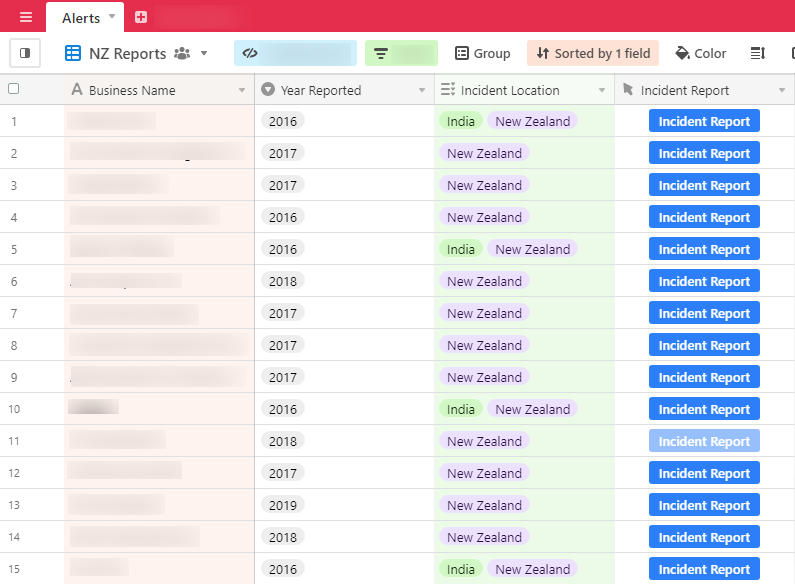From 1 January 2022, New Zealand institutions educating international students will have to comply with a new code of practice for the pastoral care of international students.
The Education (Pastoral Care of Tertiary and International Learners) Code of Practice 2021, is issued by NZ’s Minister of Immigration under section 534 of the Education and Training Act 2020. It will replace the existing code of practice, issued in 2016 and amended in 2019.
The new code of practice is broad in scope, and aims to cover all aspects of international student health, safety and well-being. It includes processes for the engagement and management of education agents. Content on agent management is effectively repeated in two separate parts of the document – Part 6 and Part 7:


Let’s focus on the content in Part 7, noting that in the hierarchy of the document it is an outcome in its own right. The screenshot below shows Outcome 14 in full:
What are the differences?
Are there differences between the education agent management requirements in the current code and the new code? It seems not. The text set out above appears to be a cut and paste from clauses 13 and 14 of the 2016 Code.
Nevertheless, the commencement of the new pastoral care Code is a good opportunity for NZ institutions to take stock of existing policy and processes for the management of their education agents.
Compliance challenges
A key compliance challenge for NZ educational institutions is compliance with the requirements of clause 59, and in particular ensuring that agents have “not been involved in conduct that is false, misleading, deceptive, or in breach of the law.”
The risk here is significant for the institution and students. An institution that engages an agent is saying to prospective students and their families that the agent has the necessary experience and is worthy of the trust required to represent the institution. If an agent does the wrong thing the reputational damage to the institution can be significant.
The impact of unprofessional or dishonest agent conduct on students can cause significant financial damage and psychological trauma.
But how can an institution know if an agent has engaged in “conduct that is false, misleading, deceptive, or in breach of the law”? Looking specifically at clause 59(d), how would an institution become aware of evidence:
“…which, on the balance of probabilities, shows that the agent –
(a) has been involved in any serious, deliberate, or ongoing conduct that is false, misleading, deceptive, or in breach of the law…”
It is a blind spot with potentially very serious consequences.
NZ institutions are not alone in this challenge. Australian law imposes similar obligations on Australian institutions working with agents. Australian institutions are required by law to list their education agents on their website. We recently posted about several institutions which continued to list an education agent sentenced to jail for fraud against international students three years after his conviction. The most likely explanation is that the institutions were simply unaware of the incident.
How to check and monitor your education agents
AgentBee’s Education Agent Intelligence Database contains hundreds of reports relating to education agents around the world. The reports include:
- reports of unprofessional or dishonest conduct by education agents, and
- education agent business performance data, drawing on publicly available information (e.g. Education NZ).
The database includes well over 100 separate reports on agents relating specifically to New Zealand (see the sample screenshot below).

Educational institutions can use the database to:
- run a check on new education agents before entering into an agreement with them, and
- check current agents at each scheduled contract review point
Our institution clients also receive real time notifications each time we add a new report to the database.
Interested?
If you would like access to the Education Agent Intelligence Database for your institution, or want more info, please contact us:

